This award was established by INS in 1982 and is given to recognize scientific achievements of individuals at the mid-career level.
| Eligible Period: | 11-24 yrs after terminal degree1 |
| Description: | Late associate-early full professor level, (growing) international reputation, substantive research impact (e.g., citations, impact factors) INS Membership |
| Required: | No |
| Requirements: | 1 nomination letter and 2 letters of support |
| Presentation Yes/No: | Yes, about research |
| Annual/Mid-Year: | Both |
Application Materials: The application should consist of a nominating letter, a CV plus 1-2 letters of support (see criteria). The nominating statements should be written as relating to the specific award for which the member is being nominated (1-2 page max). Nominating statements should be written in English, letters of support may be written in other languages (although English is preferred). Anyone can nominate and write support letters, but we do not accept self-nominations. Please submit all application materials to ins@the-ins.org
Due Date: Nominations may be submitted at any time. Ideally, awards nominations will be received four months prior to the meeting where the award is to be given (either the Annual or Mid-Year Meeting). For an award to be considered for the INS Mid-Year Meeting, please submit nominations by March 31st. For an award to be considered for the INS Annual Meeting, please submit nominations by September 30th of the prior year. Nominations are typically kept under consideration for future meetings if not awarded at a certain meeting (unless the nomination is not eligible).
1 Terminal degree can be either a PhD degree, a master or a certified clinical degree (may vary across countries)
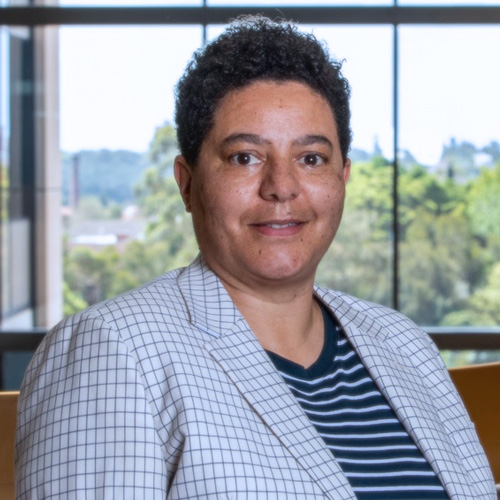

INS 2025 Mid-Year Meeting
Brisbane, Australia – July 2 – 5, 2025
Lucette Cysique is a cross-disciplinary neuropsychologist with extensive neuroimaginag training and long-term experience with neuro-, viral and immune biomarkers. She leads a research program into the neurocognitive complications in major infectious diseases (COVID-19, HIV) and their main comorbidities: brain pathological ageing, cardiovascular diseases, and depressive disorders. Her appointment in the Viral Immunology Systems Program at the Kriby Institute involves the overseeing the Australian Partnership for Preparedness Research on Infectious Disease Emergencies (APPRISE) Long COVID initiative. Working in global epidemies, Dr. Cysique has extensive experience in cross-cultural neuropsychology. Dr. Cysique has held major international and national research responsibilities, with associated funding. She has led the research on more than 40 national and international cohort studies/trials as a neuropsychology or neuroimaging leader.
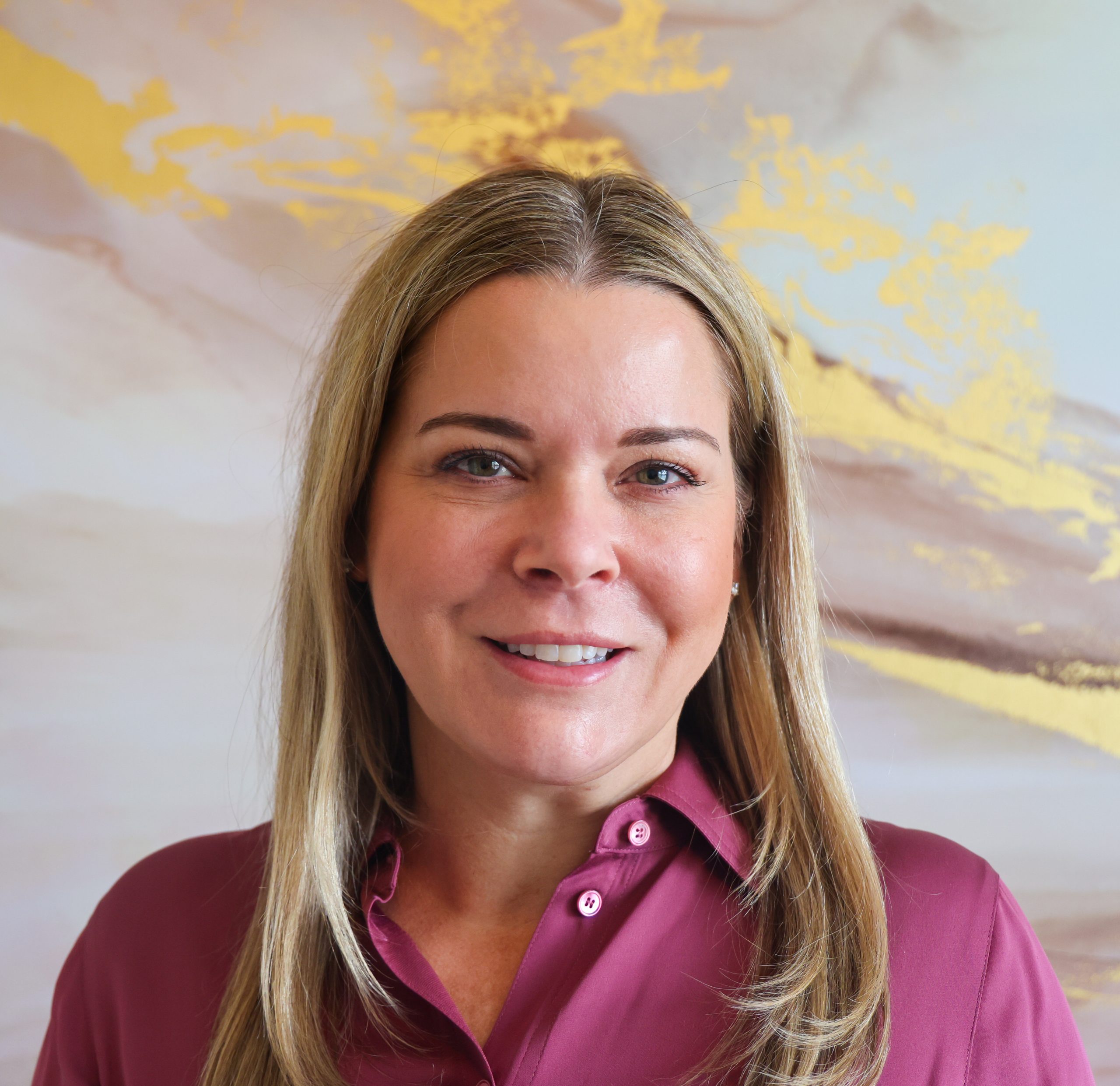

INS 53rd Annual Meeting
New Orleans – February 12-5, 2025


INS 52nd Annual Meeting
New York – February 14 – 17, 2024
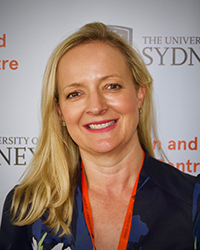

INS 51st Annual Meeting
San Diego – February 2-4, 2023
Professor Sharon Naismith is a Clinical Neuropsychologist, National Health and Medical Research Council (NHMRC) Dementia Leadership Fellow and holds the Leonard P Ullman Chair in Psychology at the University of Sydney, Australia. She leads the NHMRC ‘Centre of Research Excellence to Optimise Sleep in Brain Ageing and Neurodegeneration (CogSleep)’, and a new NHMRC ‘SIESTA’ Synergy Grant, focused on sleep and Alzheimer’s disease. She also leads the Memory Clinics Initiative of the Australian Dementia Network (ADNeT), a national program focused on improving health services for people with Mild Cognitive Impairment and dementia.


INS 2022 Mid-Year Meeting
Barcelona, Spain – July 6 – 8, 2022
Dr Raymond Chan has a long-standing interest in schizophrenia and related disorders, and mentally at-risk individuals. His research interests include (1) identification of biomarkers or endophenotypes for schizophrenia and related disorders; (2) developmental and experimental psychopathology of schizophrenia and related disorders, especially for anhedonia; and (3) distinct and shared psychopathologies across clinical groups and their subclinical sample using a wide range of neuroscientific methods including structural and functional (resting-state and task-based) MRI and MRS as well as behavioural genetics.


INS 50th Annual Meeting
New Orleans, Virtual Meeting – February 2-4, 2022
Over the past decade, the conceptualization of epilepsy as a network disorder has revolutionized our approach to the study of seizures, as well as psychiatric and cognitive co-morbidities in epilepsy. Brain imaging has been at the forefront of this movement, shifting the focus from one of identifying epileptic lesions to one defining epileptogenic networks. In parallel, the study of cognitive impairments in epilepsy has shifted from the study of isolated cognitive impairments within epilepsy syndromes (e.g., memory impairments in temporal lobe epilepsy; TLE) to one that emphasizes cognitive and psychiatric profiles within and across epilepsy syndromes–or cognitive phenotyping. In this talk, Dr. McDonald will describe a 15- year NIH-funded program of research using advanced, quantitative structural, functional, and diffusion imaging to characterize the neural substrates underlying cognitive co-morbidities in patients with epilepsy.
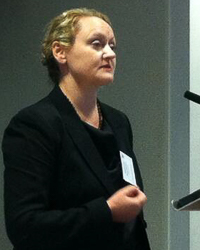

INS 2021 Mid-Year Meeting
Melbourne, Australia – June 30 – July 3, 2021


INS 49th Annual Meeting
San Diego, Virtual Meeting – February 2-5, 2021
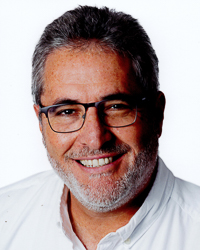

INS 2020 Mid-Year Meeting
Virtual Event Meeting – July 1-2, 2020
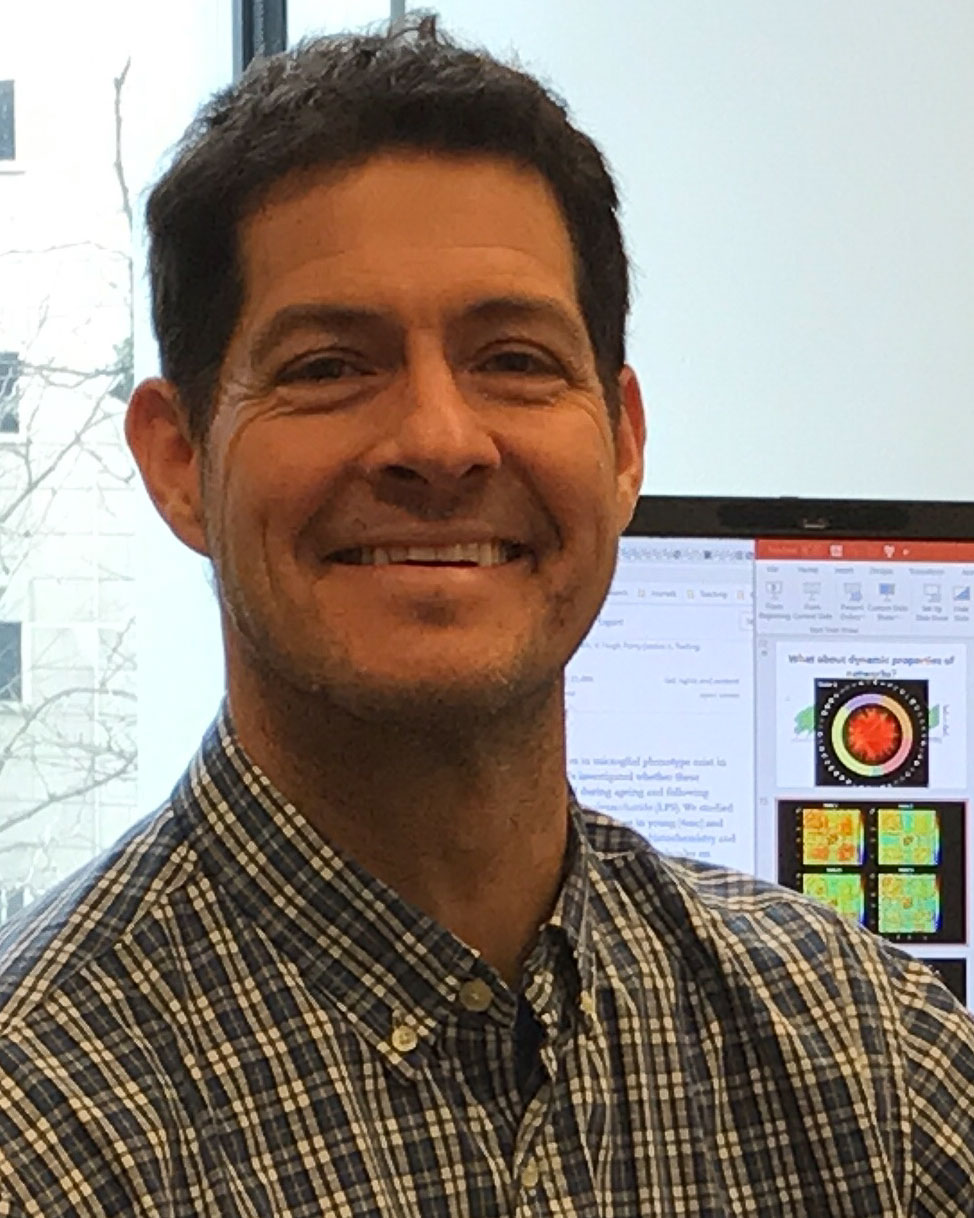

INS 48th Annual Meeting
Denver, Colorado, USA – February 5-8, 2020
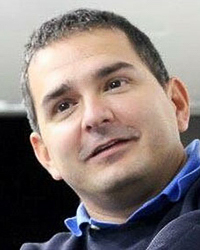

INS 2019 Mid-Year Meeting
Rio de Janeiro, Brazil – July 10-12, 2019
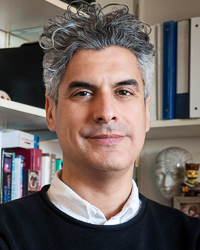

INS 47th Annual Meeting
New York City, New York, USA – February 20-23, 2019
The prevailing hypothesis about the pathogenesis of Alzheimer’s disease (AD) suggests a cascade of biological events initiated by abnormal beta-amyloid processing that leads tau-related neuronal dysfunction, neurodegeneration, and dementia. This conceptualization has directly informed current diagnostic schemes, which have evolved from diagnosing AD based on the characterization of a clinical syndrome to diagnosing AD based on the presence of amyloid and tau biological markers alone.
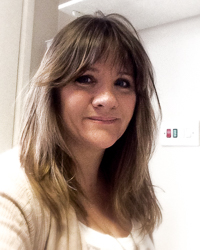

INS 2018 Mid-Year Meeting
Prague, Czech Republic – July 18-20, 2018
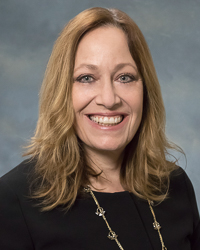

INS 46th Annual Meeting
Washington, D.C, USA – February 14-17, 2018


INS 45th Annual Meeting
New Orleans, Louisiana, USA – February 1-4, 2017
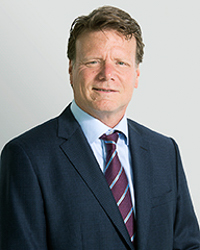

INS 44th Annual Meeting
Boston, Massachusetts, USA – February 3-6, 2016


It is now well established that up to 70% of persons with multiple sclerosis (MS) suffer from cognitive impairment (Chiaravalloti & DeLuca, 2008). Such impairments can have a significant impact on everyday functional activity in persons with MS. Given the frequency and degree of cognitive involvement in persons with MS, and how it affects so many aspects of a person’s life (e.g., vocational, familial, social, emotional, cultural) the need for cognitive rehabilitation therapies and programs is clear.


INS 43rd Annual Meeting
Denver, Colorado, USA – February 4-7, 2015


INS 39th Annual Meeting
Boston, Massachusetts, USA – February 2-5, 2011
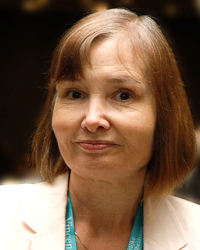

INS 31st Annual Meeting
Honolulu, Hawaii, USA – February 5-8, 2003
ATTN: Neurology Admin/INS
175 N. Medical Dr., 5th Floor, Salt Lake City, Utah 84132, USA